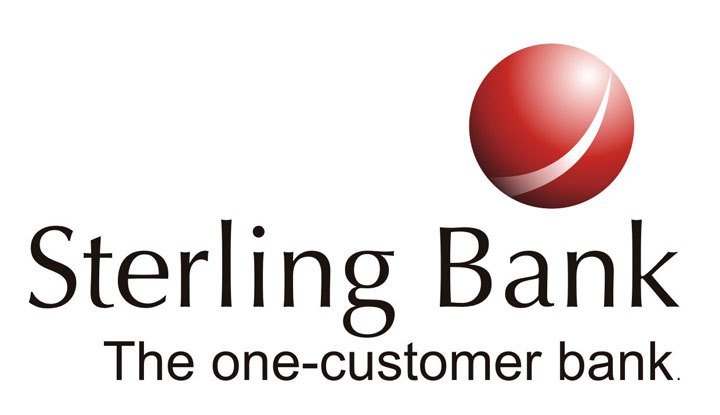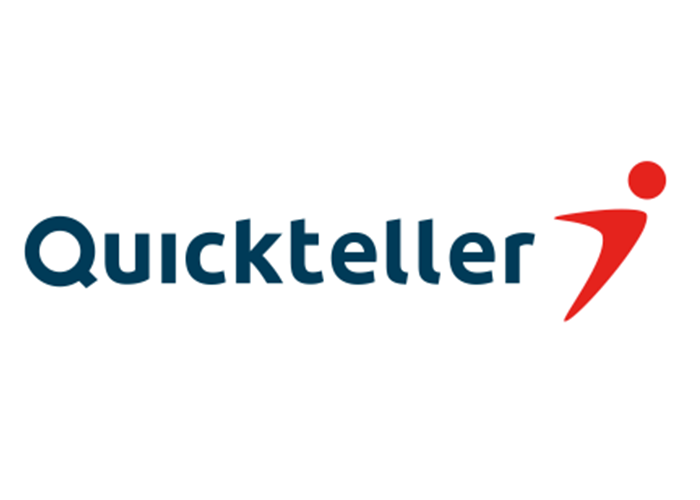Chinese automobile company CIG Motors, the official assembler and distributor of GAC vehicles in Nigeria, has assumed operational control of LagRide, the Lagos State-backed ride-hailing platform, according to three drivers familiar with the matter.
The takeover marks a major shift in LagRide’s operations, as CIG Motors is expected to revamp the vehicle financing model, which has faced criticism from drivers struggling with steep repayment plans. Under the new structure, CIG Motors will oversee driver operations, fleet management, platform optimization, and vehicle financing, the sources revealed on condition of anonymity due to the sensitive nature of the information.
From Drive-to-Own to Salaried Employment
As part of the restructuring, CIG Motors, led by Chairwoman Diana Chen, plans to replace LagRide’s drive-to-own model with a salaried employment structure, according to one driver. Under this new arrangement, drivers will reportedly earn a monthly salary of ₦150,000 ($98).
The shift represents a significant departure from the original ownership model, where drivers made daily payments toward vehicle ownership. While the new system offers steady monthly income, it removes the possibility of owning the vehicle—a key incentive for many drivers.
The change may also reduce drivers’ overall earnings. LagRide drivers typically earn an average of ₦10,000 ($6.54) per day after deducting fuel costs and loan repayments. Over a month, this amounts to approximately ₦300,000 ($196)—double the proposed salary.
Future of Electric Vehicles
CIG Motors is also planning to introduce electric vehicles (EVs) to replace LagRide’s existing fleet. Although the timeline for this transition remains unclear, the move aligns with global trends toward sustainable transportation.
A representative from CIG Motors declined to comment on the operational changes.
Leadership and Technical Overhaul
The leadership shift also extends to the platform’s technical operations. Tumi Adeyemi, founder of Zenolynk Technologies, the company that co-developed and co-owned LagRide with the Lagos government, has reportedly exited the platform. Adeyemi has joined Qoray, a mobility company specializing in electric vehicles, according to two drivers with knowledge of the situation. Adeyemi declined to comment.
ALSO READ: DANGOTE REFINERY ENTERS POLYPROPYLENE MARKET
Challenges of the Drive-to-Own Model
Launched in 2021, LagRide was designed as a state-backed alternative to traditional Lagos taxis and a more affordable competitor to global ride-hailing services like Uber, Bolt, and inDrive. Under its asset-financing model, drivers could lease GAC vehicles by making a ₦700,000 ($458) down payment and daily installments over four years.
The total repayment—approximately ₦10 million ($6,541)—covered the cost of either a GAC mini-SUV or a saloon car. However, rising inflation and living costs in Nigeria have made it difficult for many drivers to keep up with these payments. Some drivers have abandoned their vehicles, unable to meet the financial burden.
The salaried employment model aims to stabilize driver earnings and improve retention, a pressing concern for the platform’s long-term viability.
A New Era for LagRide
With plans to transition to electric vehicles and implement a fixed salary structure, CIG Motors is betting that better working conditions will improve driver satisfaction and streamline operations.














